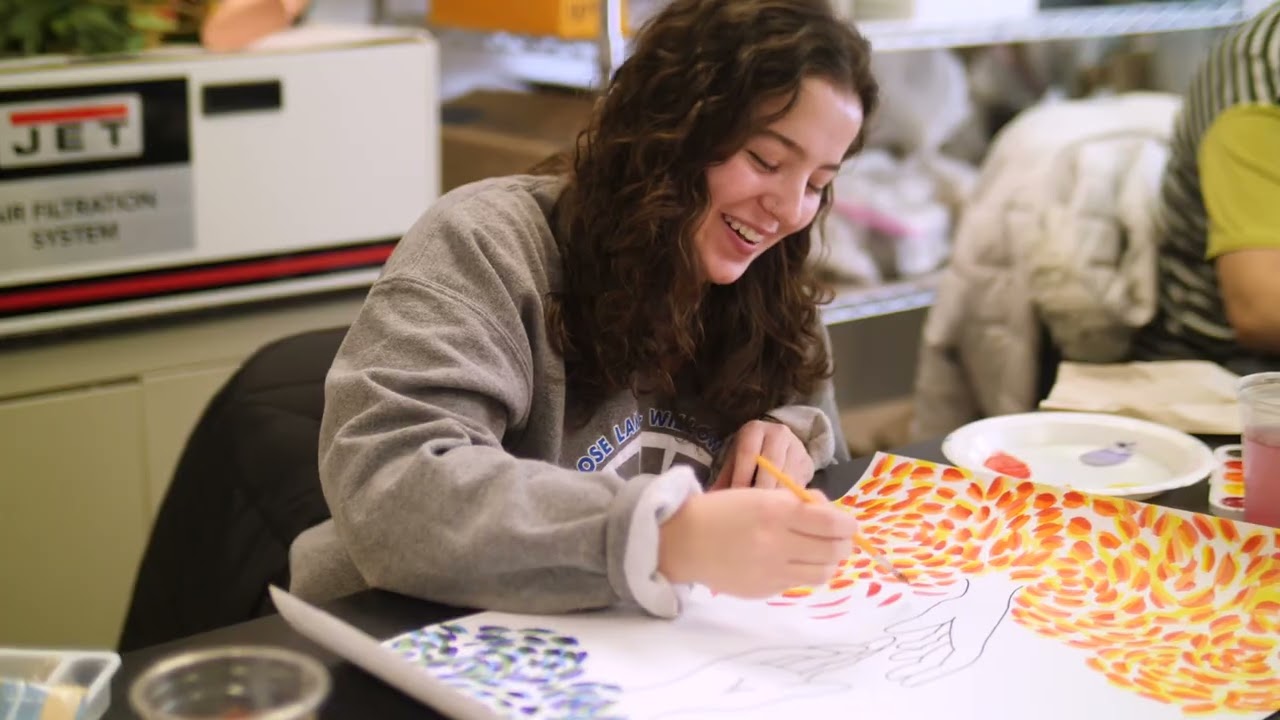Hardly a week goes by without another call to make at least some college free to all Americans. It’s not just talk, either—both large statewide plans and small community-based efforts are being initiated around the country. Even The New York Times is getting in on the act: asking the provocative question Should Students Get ‘Grades 13 and 14’ Free of Charge?
Much of the national attention continues to focus on federal plans, especially one advanced by Bernie Sanders. Like some of the state and local plans, such as one recently announced in New York, national attention is focused on the price of college and the debt burden of graduates. These plans are best seen as expansions of financial aid meant to reverse the erosion of affordable access resulting from cuts to public higher education funding, the ever-increasing expense of college, and the inability of need-based aid to keep up. Although these plans advance the legitimate and laudable goal of helping everyone afford college, they don’t actually include everyone. And, inevitably, they are open to criticism that they are inefficient in expanding economic access to college.
But, as is often the case, the big national story is not the most important one. The real action is where states and communities are making some college free of charge as a way to help meet state goals for increased post-high school attainment. Take for example Tennessee, where the Tennessee Promise program has made community and technical colleges free to high school graduates since 2014. The program is key to the strategy for reaching Tennessee’s goal that 55 percent of the state’s residents hold college degrees or workforce certificates by 2025. This year, the Tennessee program has expanded to cover adults, too. The program already has encouraged more students to pursue post-high school education, and the state is working hard to assure that more of them graduate with credentials beyond the high school diploma. Statewide programs aren’t the only source of action—communities around the country are also adopting their own plans. At last count, there were more than 50 local Promise programs, and more are starting all the time.
As in Tennessee, many of these Promise programs are focused on community colleges. The consensus that is emerging is that everyone needs education beyond high school, so we should recalibrate our expectations—and redesign our system—around universal post-high school education. As the idea takes root, I believe we can expect to see more of these grassroots calls for universal community college.
All this looks and feels a lot like what happened a century ago when the nation made secondary education universal. Back then, states and communities had to come to grips with the shift from an agrarian to an industrial economy. Most Americans only attended elementary school, which was thought to be sufficient for the way they lived. States and communities in the Northeast that first experienced the growth of the industrial economy realized the education levels of their residents needed to be higher and moved to make secondary education widely available. The high school movement quickly spread west, and by the 1940s, completing high school became an expectation of all students. We should remember that universal high school became a reality thanks to a movement that began and spread at the community level. Universal high school was eventually adopted by states, and it was finally recognized in federal policy. The idea’s spread was very much a grassroots movement and was not led by the federal government—or by national foundations, for that matter.
I believe the evidence is incontrovertible that a similar national movement to make post-high school education universal is now well underway. Real history is being made, and it’s happening in plain view. It is time now to think hard about all the other changes—beyond the important step of making community college free—that need to be made to build a true universal post-high school education system.
